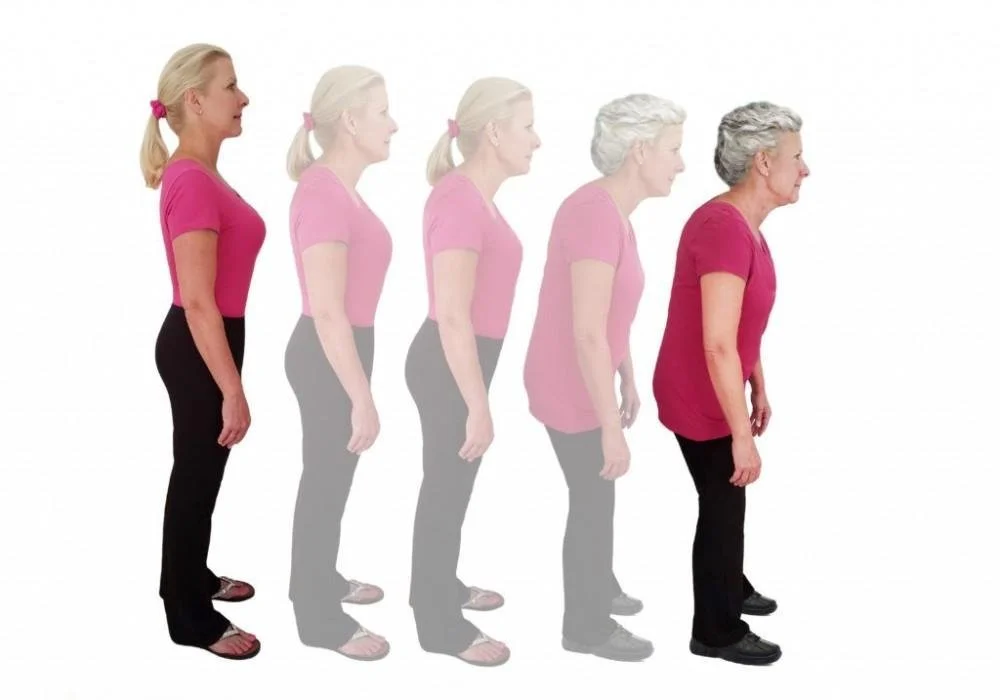Top 5 Negative Effects of Poor Posture
In the age of technological advancements and sedentary lifestyles, the impact of poor posture has become a silent but significant health concern. Whether it's hours spent hunched over a desk, slouching on the couch with a smartphone, or maintaining improper alignment during daily activities, the repercussions of poor posture are far-reaching. Beyond the immediate discomfort, this seemingly innocuous habit can lead to a myriad of health issues that affect both physical and mental well-being.
1. Musculoskeletal Issues:
One of the most evident consequences of poor posture is the strain it places on the musculoskeletal system. Incorrect alignment of the spine, shoulders, and hips can result in muscle imbalances, leading to tension, stiffness, and pain. Chronic poor posture may contribute to conditions such as kyphosis (rounded upper back), lordosis (swayback), and scoliosis (sideways curvature of the spine), exacerbating discomfort and reducing mobility.
2. Back and Neck Pain:
Poor posture, especially when sitting for extended periods, can contribute to chronic back and neck pain. The spine is designed to maintain its natural curvature, but prolonged slouching or sitting with improper alignment can put excessive pressure on spinal discs and ligaments. This can lead to inflammation, muscle spasms, and, over time, may contribute to degenerative conditions such as herniated discs.
3. Reduced Lung Capacity:
The way we sit and stand also affects our respiratory system. Slouching or leaning forward compresses the chest cavity, limiting the space available for the lungs to expand fully. Shallow breathing, a common consequence of poor posture, can lead to decreased oxygen intake, leaving the body and brain without the optimal oxygen levels needed for peak performance.
4. Digestive Issues:
Believe it or not, poor posture can even impact the digestive system. When we slouch or compress the abdominal area, it hinders the proper functioning of internal organs. This can lead to issues such as constipation and indigestion, as well as affect metabolism. Maintaining an upright posture promotes better digestion and ensures that the organs have sufficient space to operate efficiently.
5. Negative Impact on Mood and Energy Levels:
Posture doesn't just influence physical health; it also plays a role in our mental and emotional well-being. Numerous studies have shown a correlation between poor posture and negative mood states. Slouching or adopting closed body language can contribute to feelings of lethargy, decreased energy levels, and even heightened stress. Conversely, maintaining an upright and open posture has been associated with increased confidence and positive emotions.
Conclusion:
The consequences of poor posture extend far beyond a mere discomfort or an aesthetic concern. The impact on our overall health, both physical and mental, is substantial. Recognizing the importance of maintaining good posture and incorporating habits to correct and prevent poor alignment is crucial for a healthier and more resilient body. Simple adjustments in daily habits, ergonomic considerations in workspaces, and regular exercise can all contribute to a positive change in posture and, consequently, a better quality of life.


